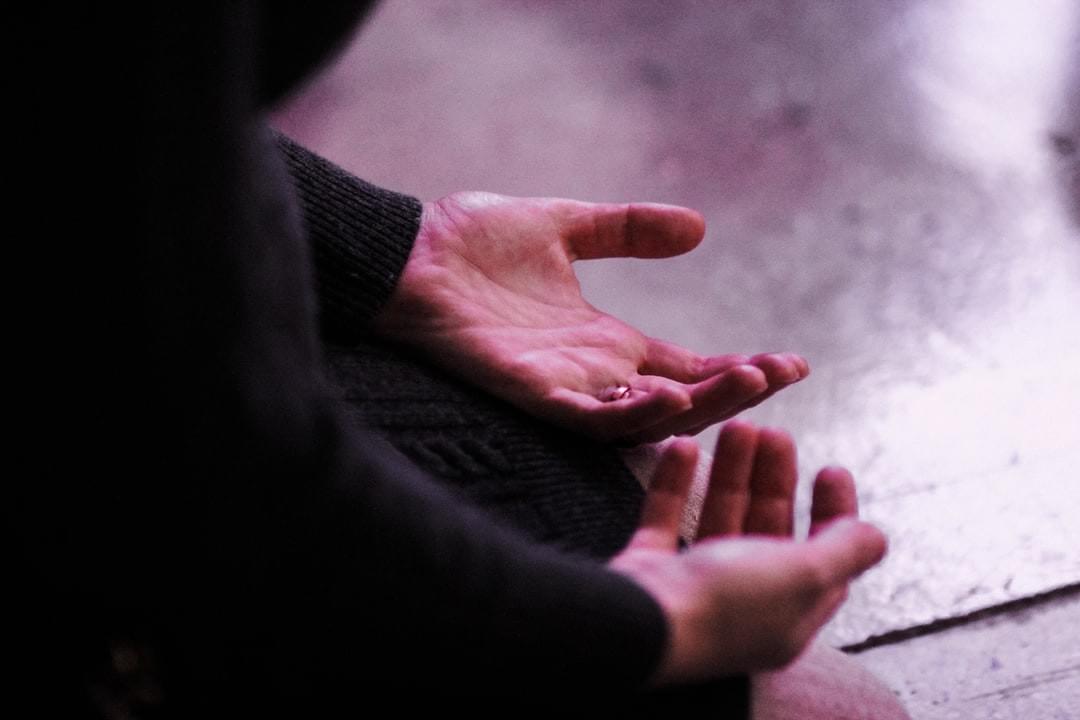
In the Islamic faith, prayers are seen to be the central part; or rather the backbone of their religion. Every Muslim worldwide attends the prayers that are scheduled at various times in every day. There is a great influence that these prayers have to the lives of Muslims, and they are normally held in the morning, noontime and in the evening. The doa dhuha prayer, which at times is also referred as the Duha prayer tends to be one of the prayers that Muslims attend. This is a kind of prayer that takes place in the morning hours, and it is usually the first prayer of the day in the Muslim religion. Nevertheless, there are still those Muslims who are not well informed of the prayer, despite the fact that it is very crucial and integral to the lives of Muslims. For this reason, some of the facts that you need to understand about Duha prayer are as follows.
The first fact about sholawat jibril is that it is attended on a voluntary basis. Unlike other types of Islamic prayers that are considered a routine and mandatory, Duha is basically voluntary and free to all Muslims. Dhuha is always a choice, or rather a free will as no person can coerce another to attend it. Muslims are always advised to take part in the prayer as it has a lot of positive results in their lives. For this reason, it is essential to understand that the Dhuha prayer is done on a voluntary basis in case you may be wondering how it is normally done.
Also, depending on the time that the prayer is held, the name and purpose is subject to change. Normally, Duha prayer is expected to take place in the early mornings before sunrise, or a few minutes after sunrise. Nonetheless, the time at which the Dhuha is expected to take place may change. This is where the prayer gains a new name, Ishraaq, from its original name, Dhuha. Also, Salat Dhuha is a prayer that is meant for the forgiveness of Muslims from their sins.
Finally, it is important that know that the Dhuha prayer, or rather the Duha prayer is considered to have great rewards. Just like any other believer who believes that the prayers he/she makes will bring rewards in the long run, so does the Muslims with the Dhuha prayer. Sustenance and wealth are some of the rewards that every Muslim hopes to get whenever they take part in the Dhuha prayer, otherwise known as the Duha prayer. This is actually one of the things that motivate Muslims to take part in the prayer. The believe behind this is that wealth and sustenance will accompany them at all times. This blog has provided you with more information on this topic: https://www.britannica.com/topic/prayer.